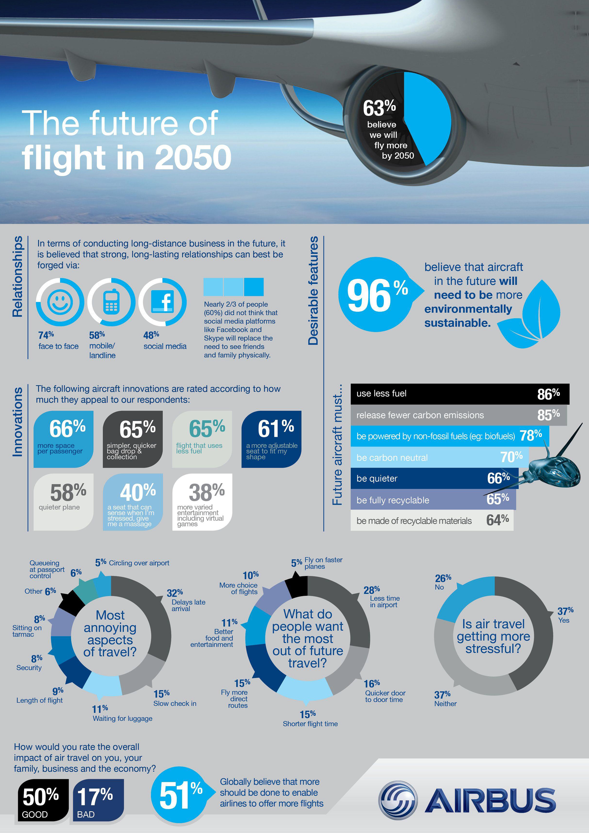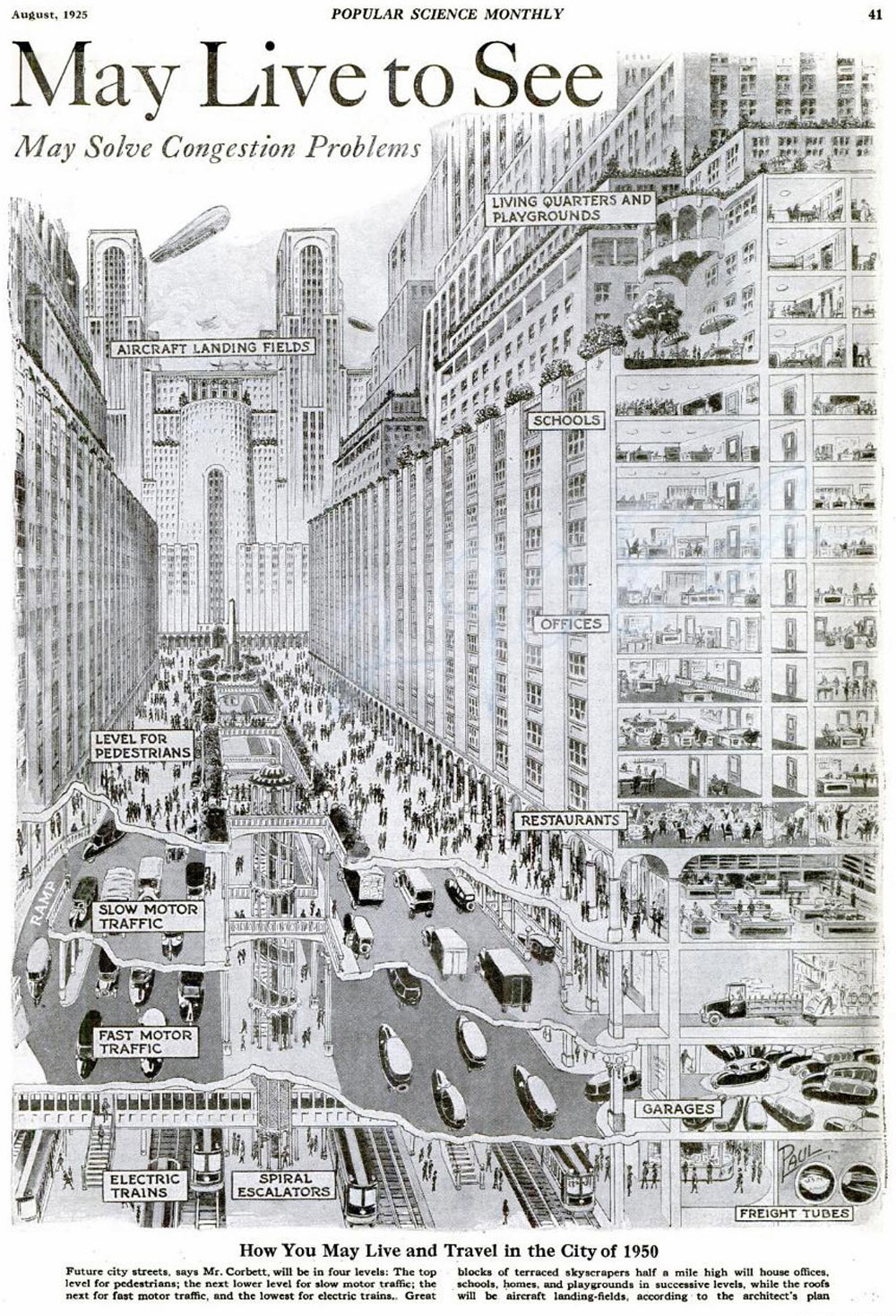I’ve been in Greece doing some stuff. The hotel was very nice, but to be frank it could have been anywhere. Interestingly, the guests were largely American, although that’s probably because the hotel was linked to a large American chain. The BRIC tourist crowd that I usually bump into was nowhere to be seen, except for a few young Russians.
The journey out was awful. Because I wanted a direct flight I ended up going with Thomas Cook, which was beyond dreadful. It wasn’t so much the 8-hour delay, but the fact that nobody ever bothered to make an announcement about what was going on. The airport departures board continually displayed incorrect information (3, possibly 4, factually incorrect statements about boarding and departure times) and to find out what was actually happening you had to find the information desk (no signage whatsoever) and even then you ended up talking with a handling agent, not Thomas Cook.
My only explanation for this is that representatives of Thomas Cook were too scared to make an appearance in front of their own customers. You probably think I’m exaggerating this point, but when the final announcement about whether the plane had been fixed or not was about to be made 5 policemen turned up to keep the peace – in case the news was bad. Actually that’s one thing I’ve started to notice about the English – that they no longer sit quietly and do nothing, but complain loudly like Americans.
But what really got me was this. If the company had the foresight to arrange for the police to be present (armed, by the way, although this was a pure coincidence) then why did they not have the intelligence to handle the whole situation better?
What people wanted was information. They wanted someone from the company to show up in person and explain to them what was going on as soon as things looked bad (so within an hour of the missed departure time). If this meant saying that they didn’t know what was going on that would be fine.
Moreover, announcements that certain things would happen at certain times were just plane stupid if they then didn’t. I can understand (but only just) the fact that the departures board continually displayed incorrect information, because there was, I was told, a third party involved. However, people that explain, in person, that |”You’ll be off by 12,00”…“You’ll be boarded at 2.10” or ‘We can load the whole plane in fifteen minutes” should know better than to make promises they can’t necessarily keep.
Customer service moral: Tell people what’s going on directly as soon as there’s a major problem and don’t say things you know not to be true or things that may turn out not to be the case. I get on a lot of planes and I’ve never seen one carrying several hundred people boarded in 15-minutes, for example.
Also, when you apologise to a planeload of angry customers, do it from the heart and not from a soulless script. “We’re sorry for the delay” is a perfectly good response if a plane is 15-30 minutes late. If a departure is 8 hours behind schedule it just won’t do. “We’re incredibly sorry for the huge delay” might be a little bit better. Equally, offering passengers “One free drink” isn’t really appropriate. Do what Virgin Blue once did and say: “All drinks are on us until the bar runs dry”.
BTW, I’ve got two book recommendations for you. The first one is called Why You are Australian by Nikki Gemmell. It’s a letter from the author to her children about why she moved then from England to Australia and it’s terrific.
The second book, that I picked up on impulse at the airport, is called future Babble: Why expert predictions fail – and why we believe them anyway by Dan Gardner. I’m still reading it but so far so good.









